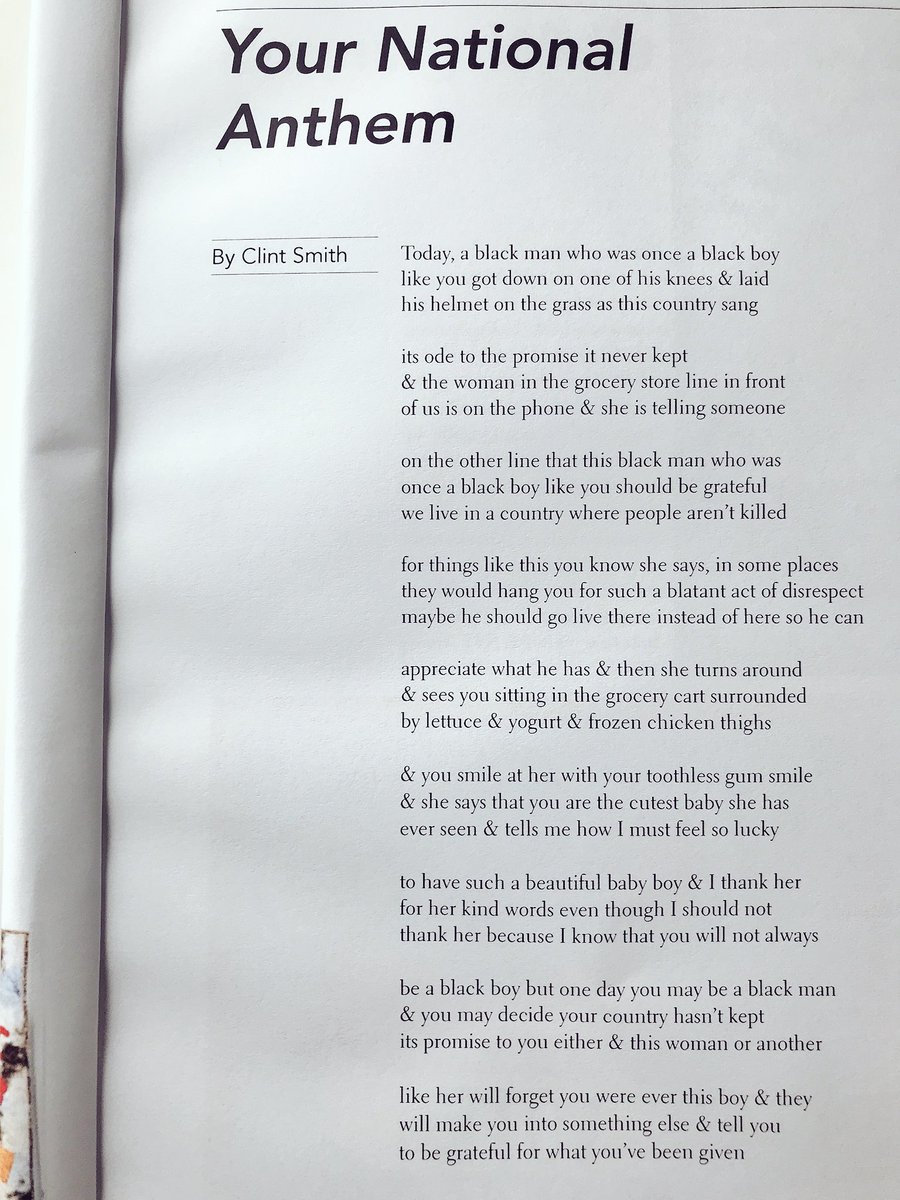There are some incredible community bail funds working to free people in jail who can’t afford to pay bail & who are working to end the unjust practice of money bail at large. You should consider donating to them today. Here’s a thread with their information:
• • •
Missing some Tweet in this thread? You can try to
force a refresh






